-
The Game-Changing Benefits of Outsourcing Order Fulfillment to a 3PL
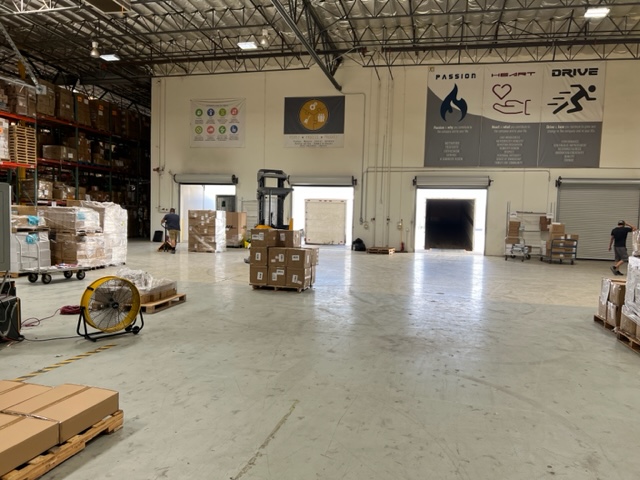
In the highly competitive e-commerce landscape, a business that can fulfill orders quickly, accurately, and efficiently has a distinct advantage over its competitors. By ensuring smooth order fulfillment processes, an e-commerce business can build a loyal customer base, increase brand awareness, and ultimately drive revenue growth.
-
Say Goodbye to Logistics Headaches: How to Evaluate 3PL Providers
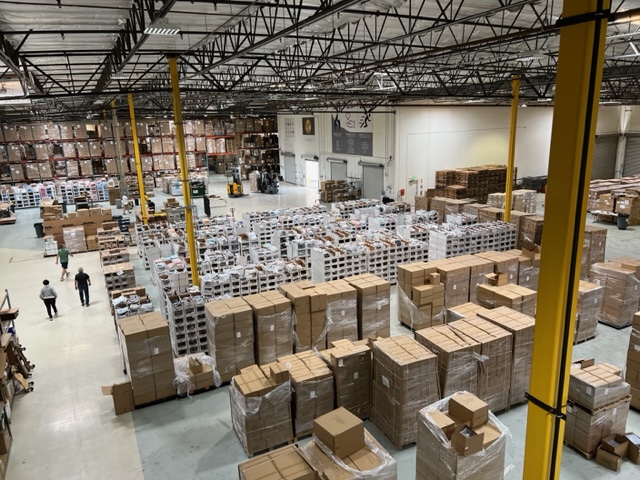
So, you’ve finally decided to pass the baton of your storage and distribution operations to someone else. Congrats! But hold up, now comes the tough part – finding the perfect third-party logistics (3PL) provider for your business. It’s like finding a needle in a haystack, but with more trucks and warehouses involved. Good luck, my…
-
Ship Smarter, Not Harder: How 3PL Can Save You on Shipping Expenses
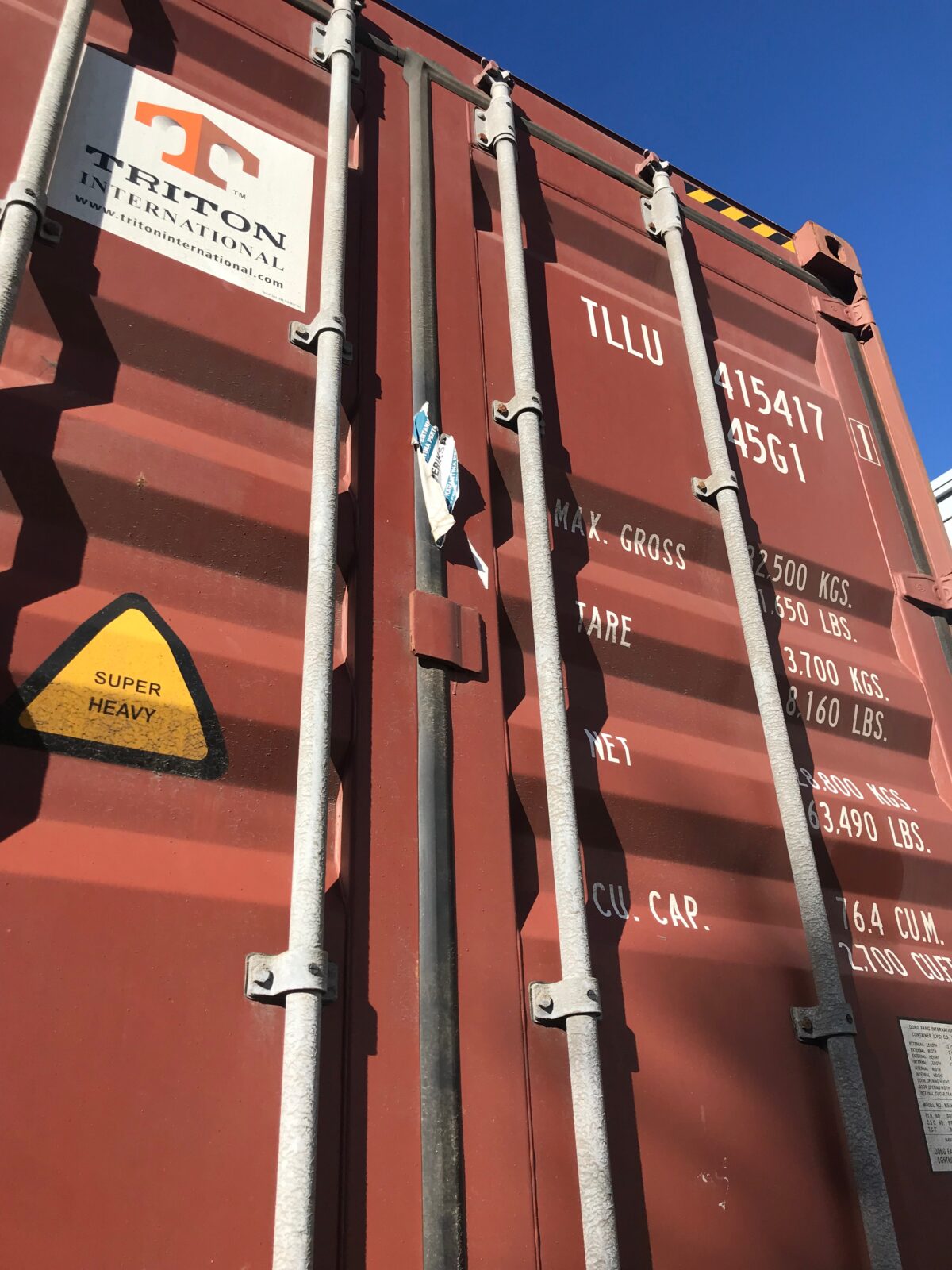
Many companies struggle with finding ways to reduce their shipping costs while still providing fast and reliable service to their customers. One solution to this problem is to partner with a third-party logistics provider (3PL).
-
Optimizing Your 3PL Partnership: Best Practices for Effective Collaboration
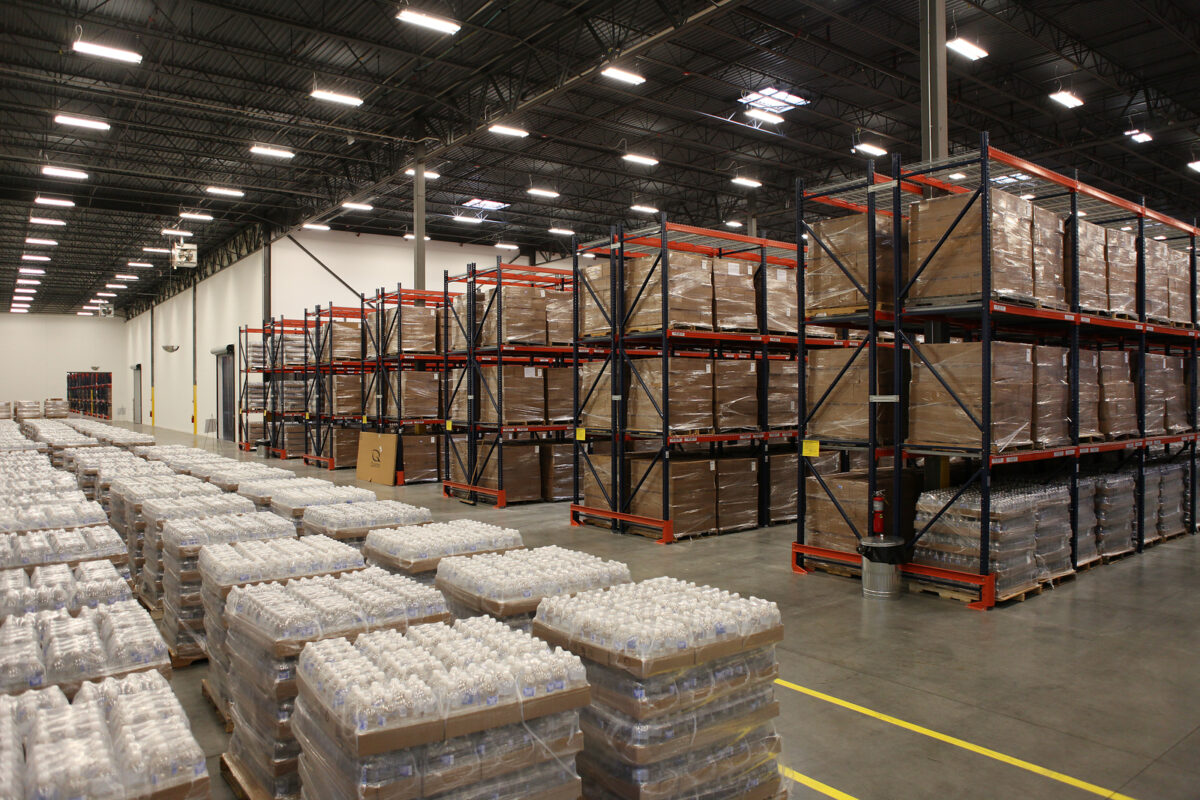
As businesses continue to expand and grow, they often require the services of a third-party logistics (3PL) provider to manage their supply chain operations. A 3PL can provide businesses with a range of services such as warehousing, pick/pack, inventory management, transportation, and distribution.
-
The Power of Third-Party Logistics: How 3PLs are Revolutionizing eCommerce Selling
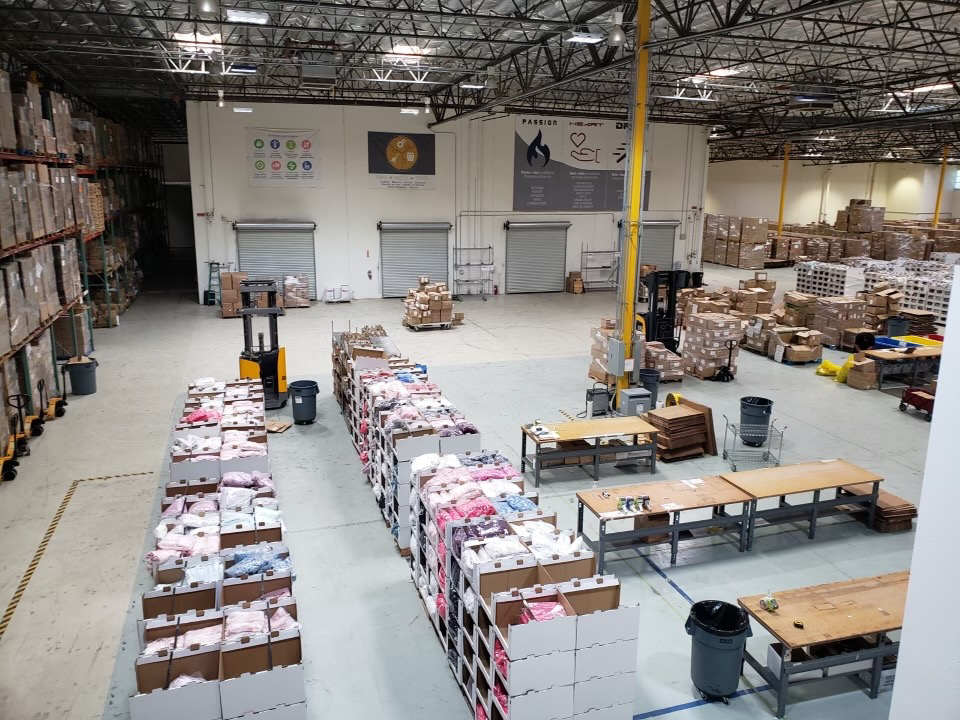
In today’s world, eCommerce has become a major player in the retail industry, with tens of millions of people shopping online every day. As eCommerce continues to grow and evolve, the need for efficient and reliable logistics has become increasingly important. Third-Party Logistics (3PL) providers have emerged as a solution to the challenges faced by…